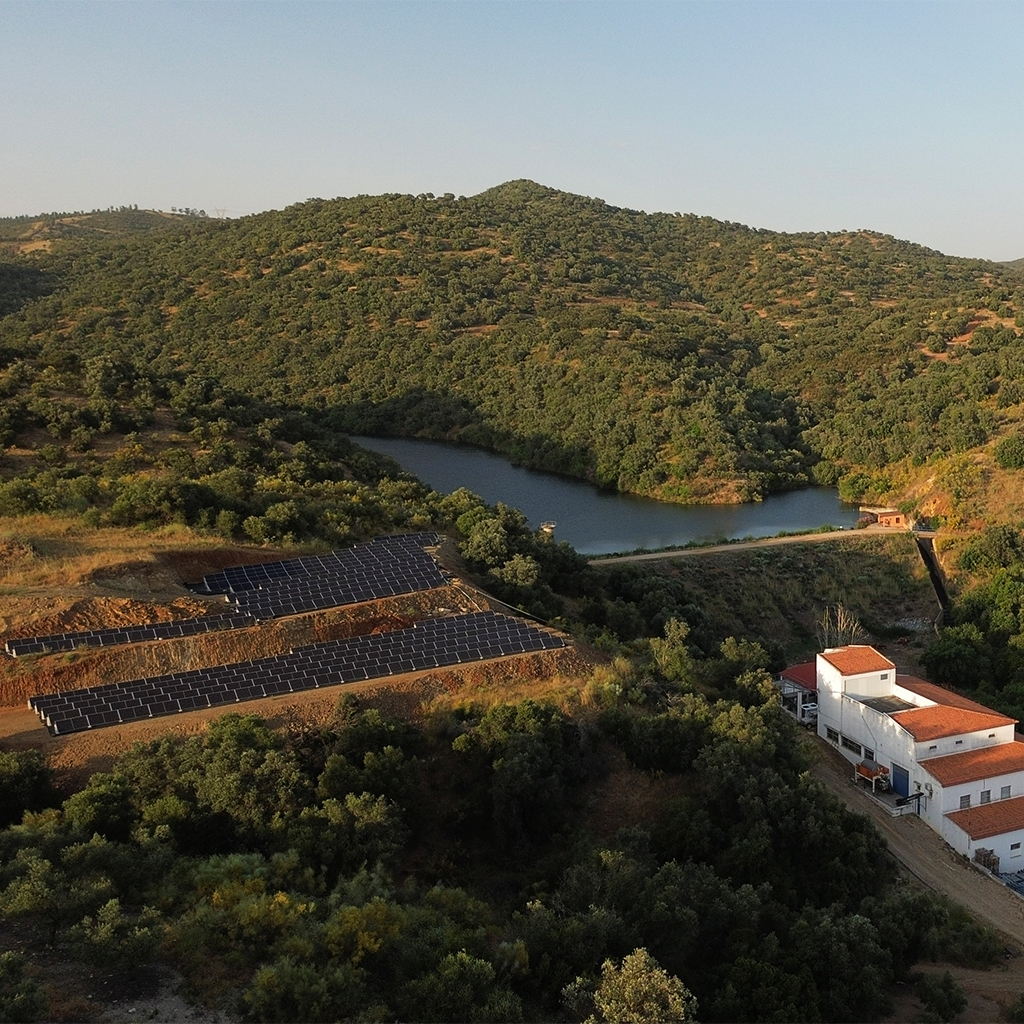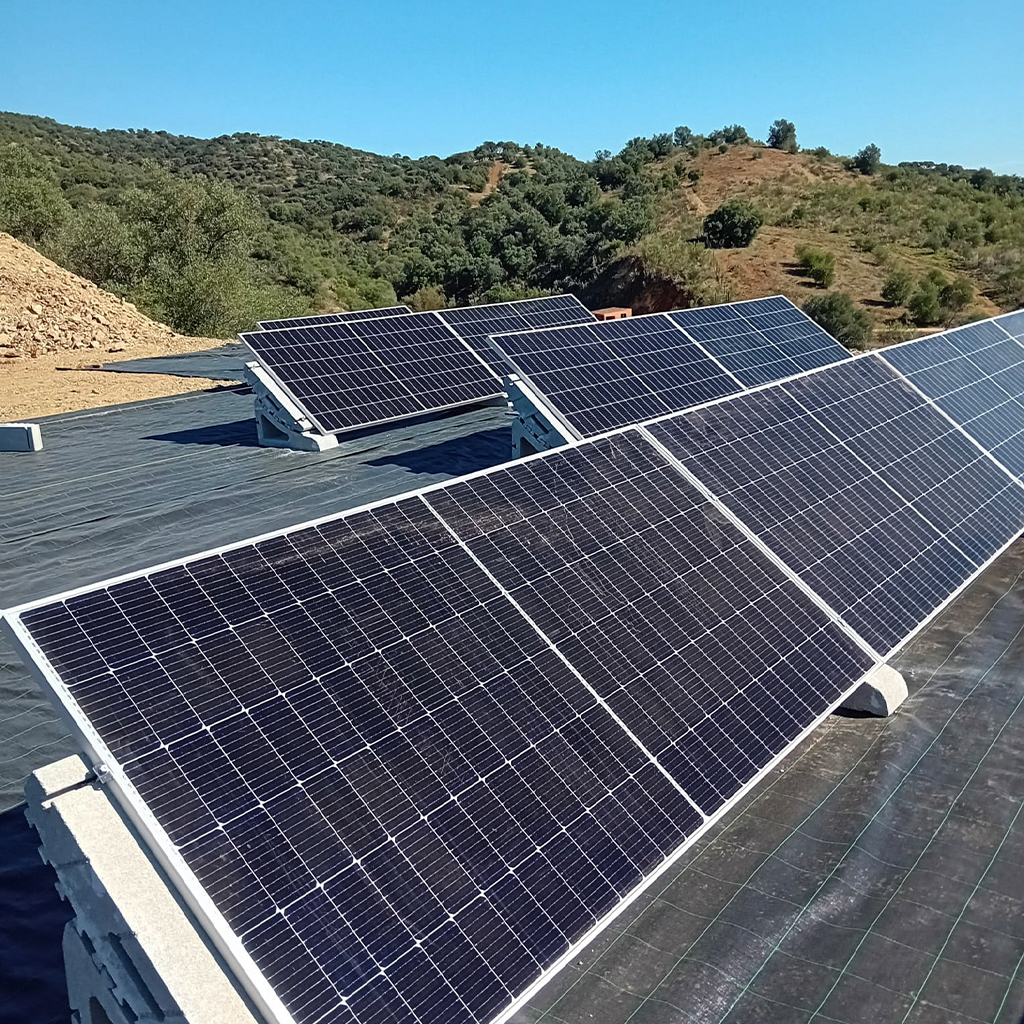From the land, with time, soul and care
It all begins with the land - with what it gives us, with what slowly grows from it.
It is through this gesture of listening and respect that we pave the way for more sustainable pratices.
In 2024, Herdade Monte da Ribeira (HMR) achieved certification under the CCC+ (Certified Carbon Calculation) standard. This certification applies to a range of operations, including olive groves, vineyards, pastures, forests, fruit crops, and sheep grazing, as well as subcontracted activities.
This recognition follows a thorough on-site audit process, comprehensive data collection, satellite analysis, and technical data processing. The integrated approach confirmed that HMR's production unit generated various types of carbon credits, all of which were aligned with the sustainable and responsible management of agricultural and forest landscapes. The specific carbon credit codes include: FCG Code – Food Production, Conservation and Protection, and Good Management; BFCG Code – Biodiversity, Food Production, Conservation and Protection, and Good Management; and BM Code – Biodiversity and Maintenance.
The Certified Carbon Calculation model, developed by CERTIS, utilizes stringent scientific criteria in combination with internationally recognized methodologies.
This achievement marks another milestone in HMR's ongoing commitment to sustainable farming practices, which promote biodiversity and actively contribute to mitigating climate change.
CCC + Carbon Calculation Certificate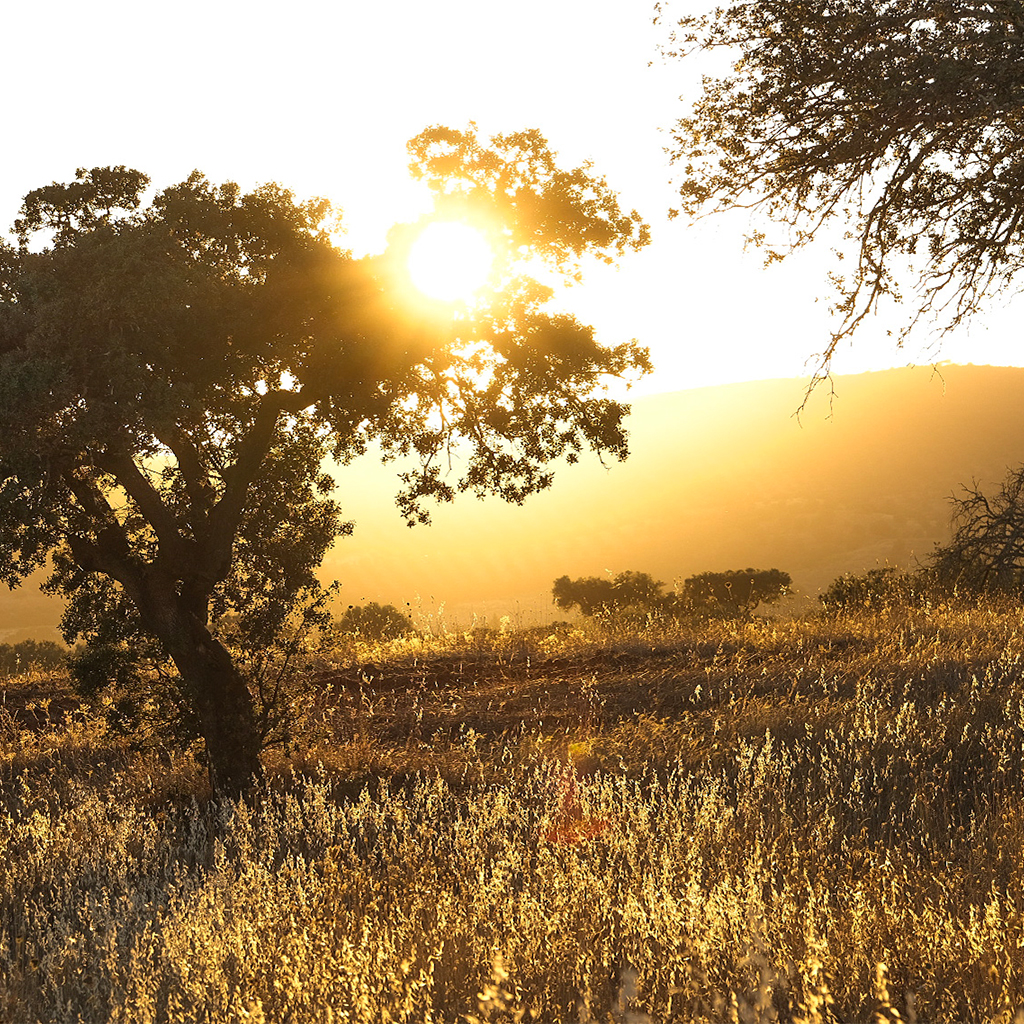
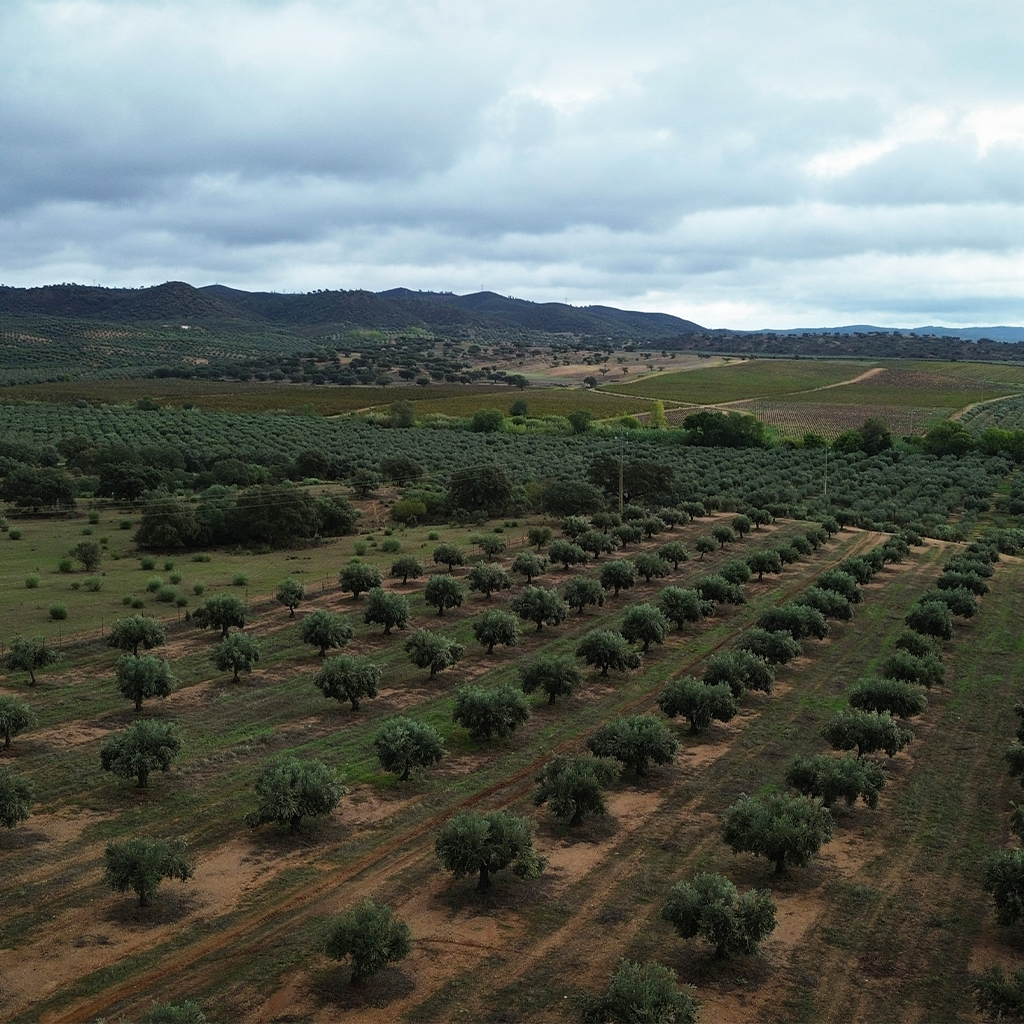
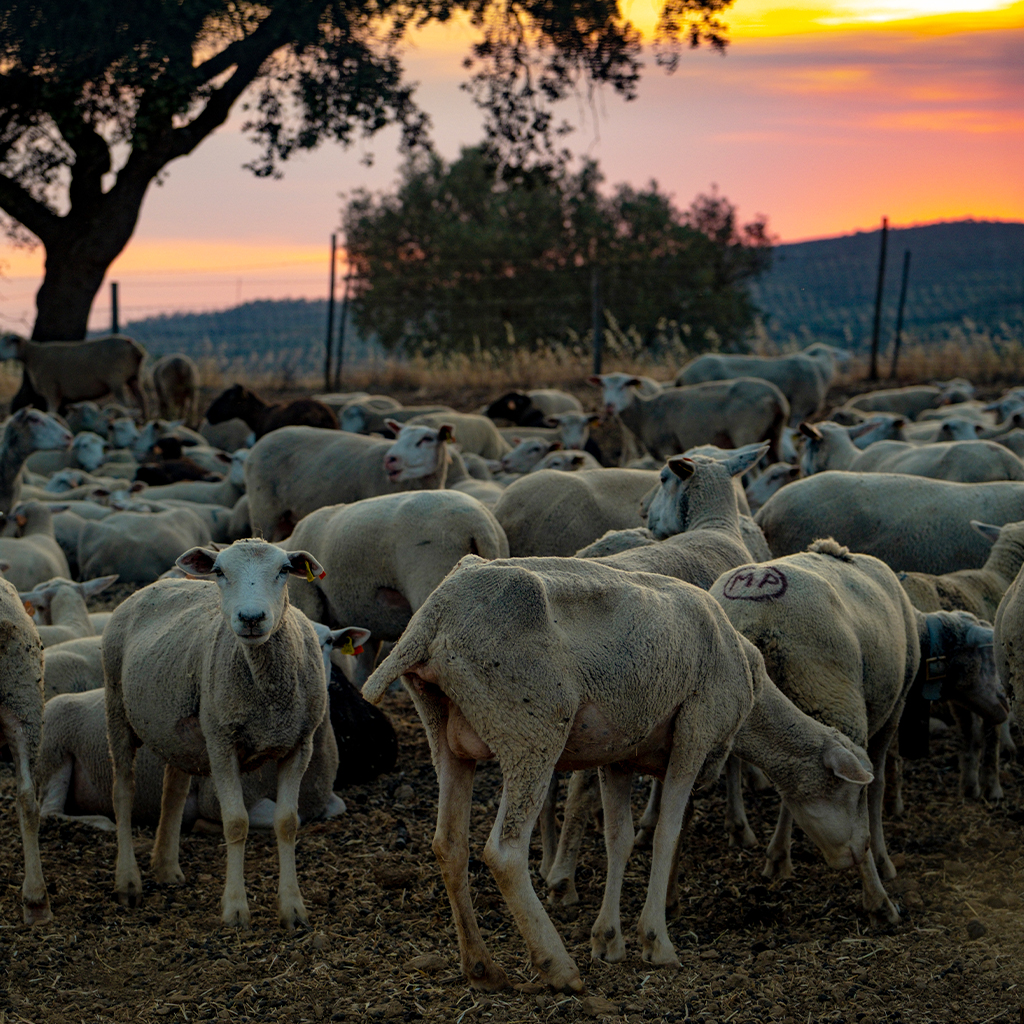
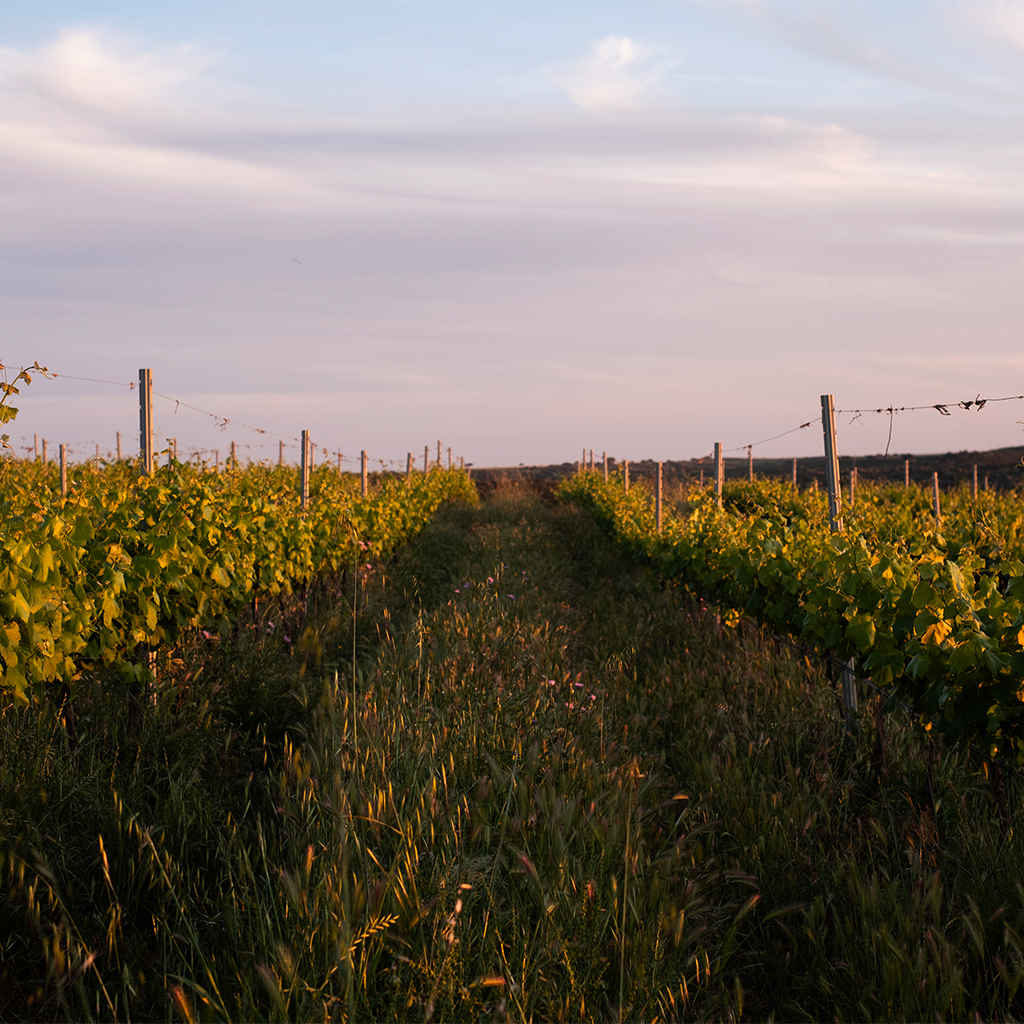
The cinereous vulture (Aegypius monachus), a scavenger bird classified as “Endangered” in Portugal, became extinct as a breeding species in the 1970s. Thanks to conservation efforts and legal protection, the species began to recover in Spain, and in 2010, it started nesting again in Portuguese territory. Before 2024, only four breeding colonies were known; the fifth one was recently identified at the Herdade.
The peacefulness of the surrounding hills and the availability of food offer ideal conditions for these majestic birds to nest successfully.
This newly discovered colony represents a valuable contribution to the goals of the LIFE Aegypius Return project, which aims to protect the cinereous vulture in Portugal and western Spain by improving habitat conditions and reducing threats to its survival. Safe havens, such as the Herdade, are essential to the recovery of this priority species under both national and European conservation strategies.
Learn more about the LIFE Aegypius Return project and how we’re working together to protect this important species.
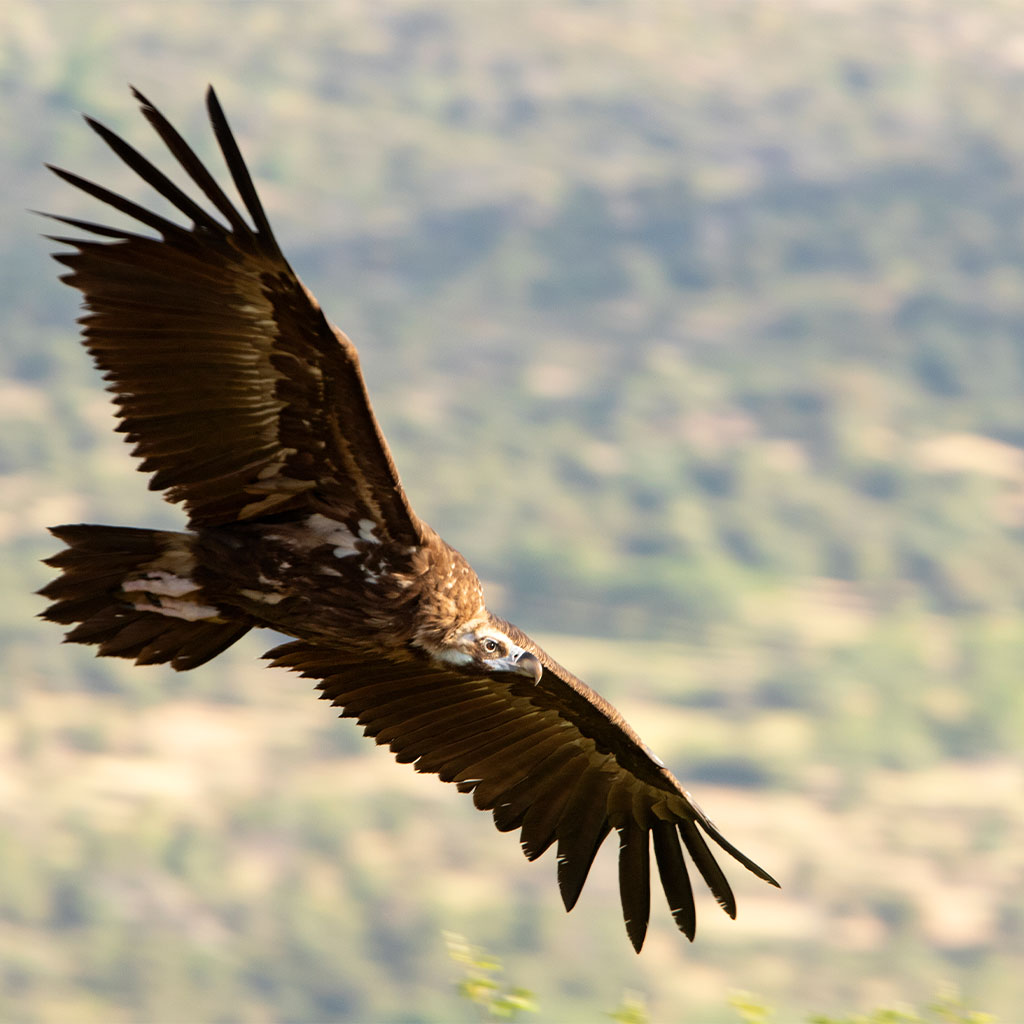
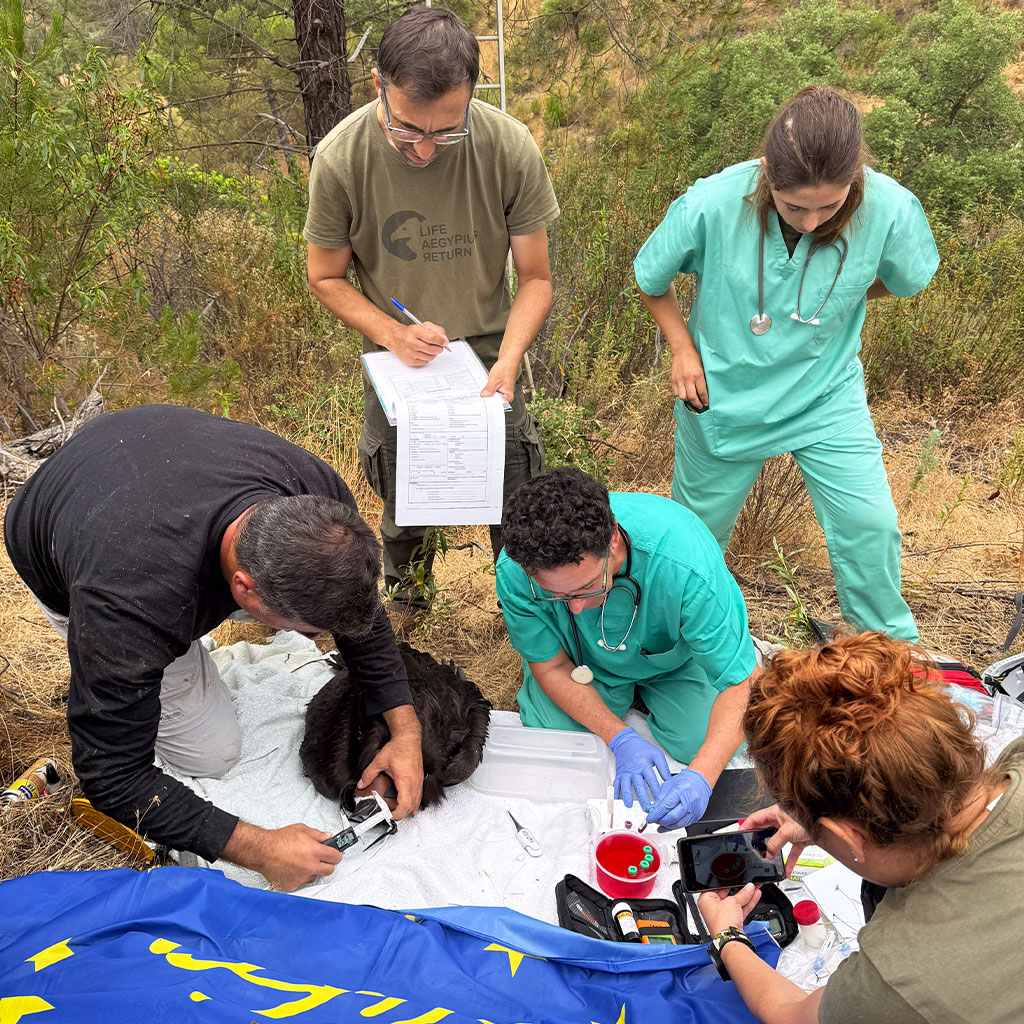
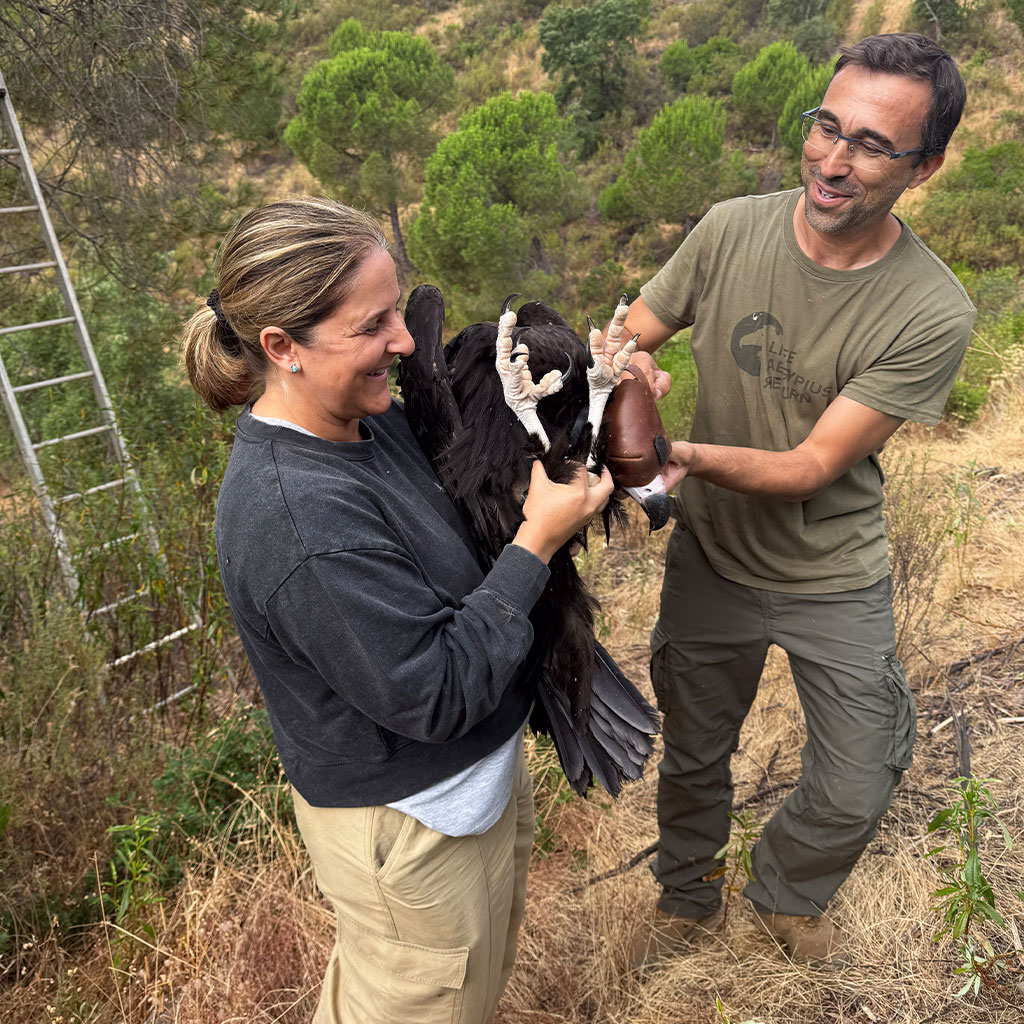
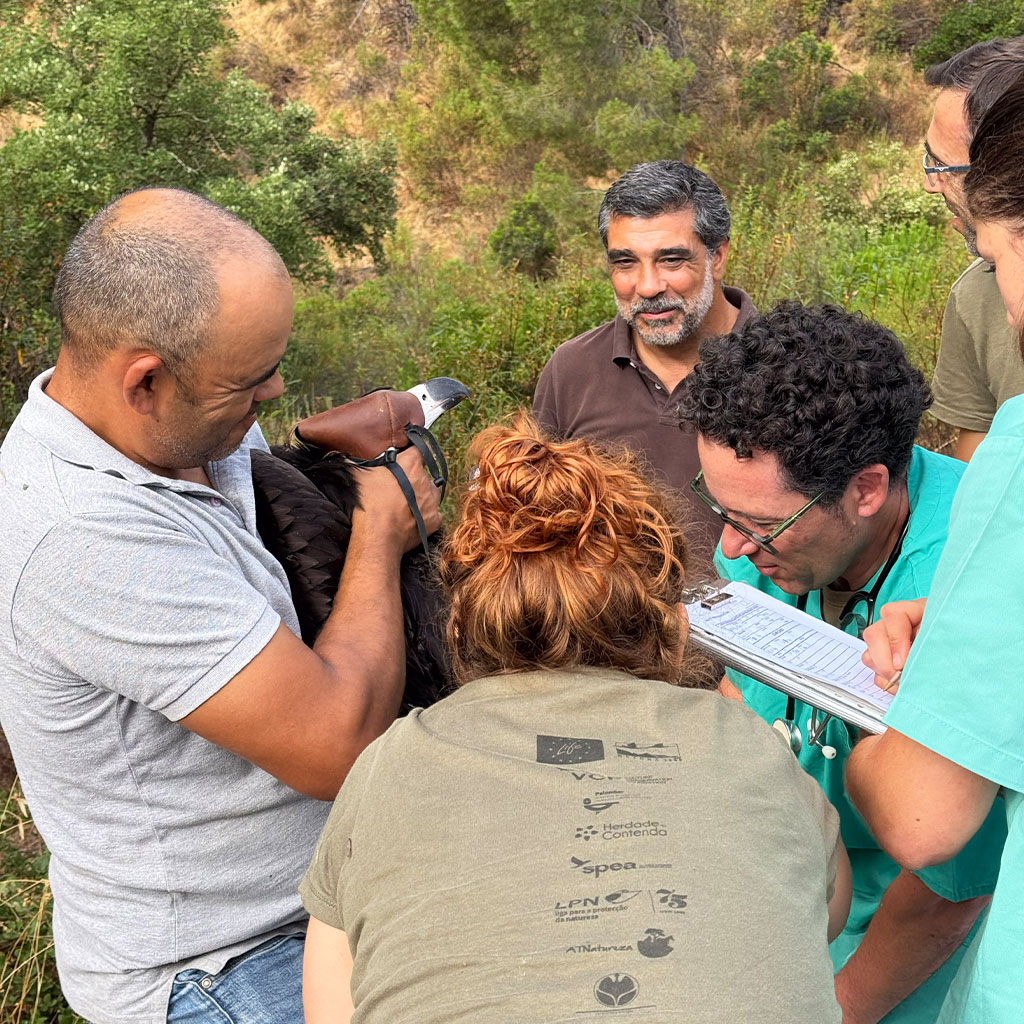
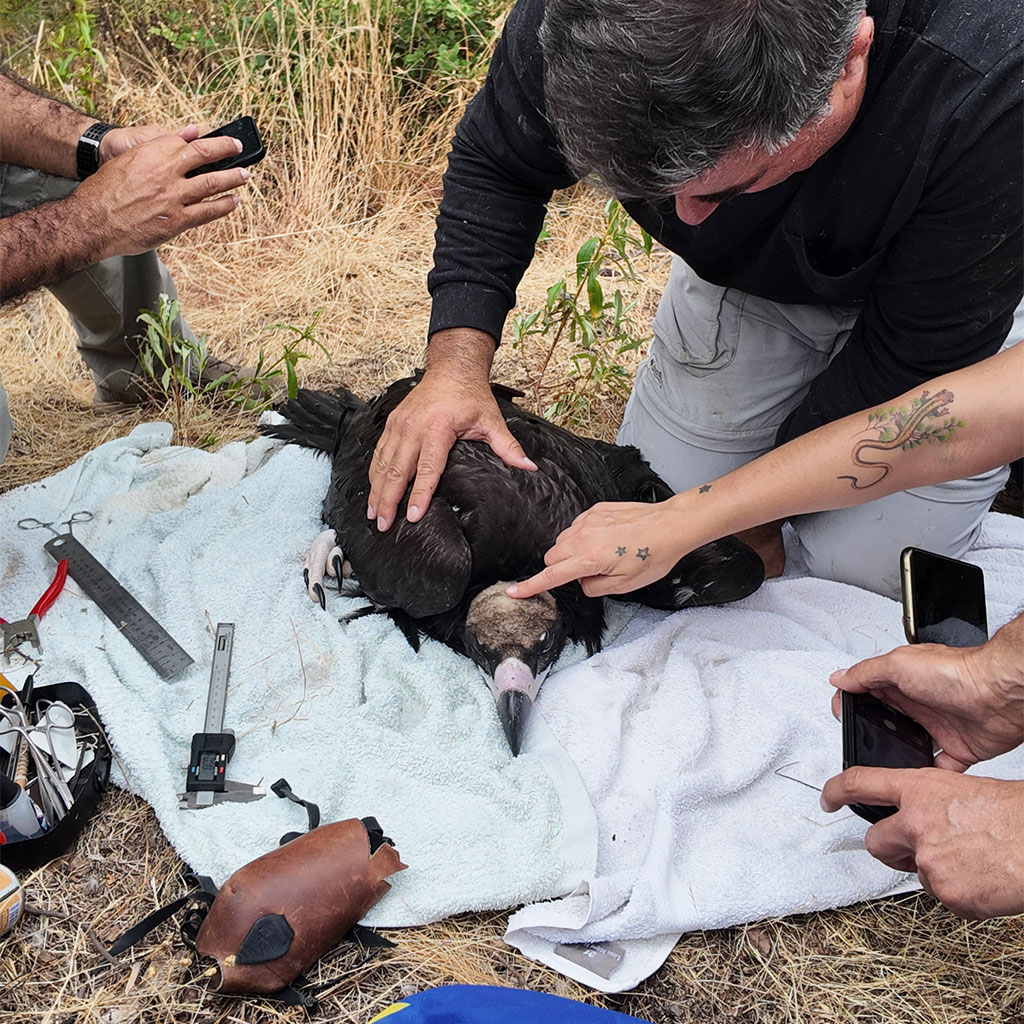
We are part of the Olivares Vivos+program, a European project funded by the LIFE Programme. The program aims to establish the first European certification recognizing olive growers’ commitment to biodiversity conservation.
The Herdade’s participation in this initiative reinforces its dedication to preserving and enhancing the ecosystems surrounding the Traditional Olive Grove.
The action plan began with a pre-operational study conducted by a technical team from the University of Évora. This study assessed the estate's existing biodiversity and the practices already in place to enhance it and reduce the impact of production factors.
The interventions were divided into two categories: those directly benefiting fauna and those focused on vegetation recovery. Among the measures for fauna are the installation of bat boxes, nest boxes for passerines and nocturnal raptors, perches for birds of prey, drinking stations, stone walls, and insect hotels (for bees), all designed to create favorable habitats for local wildlife.
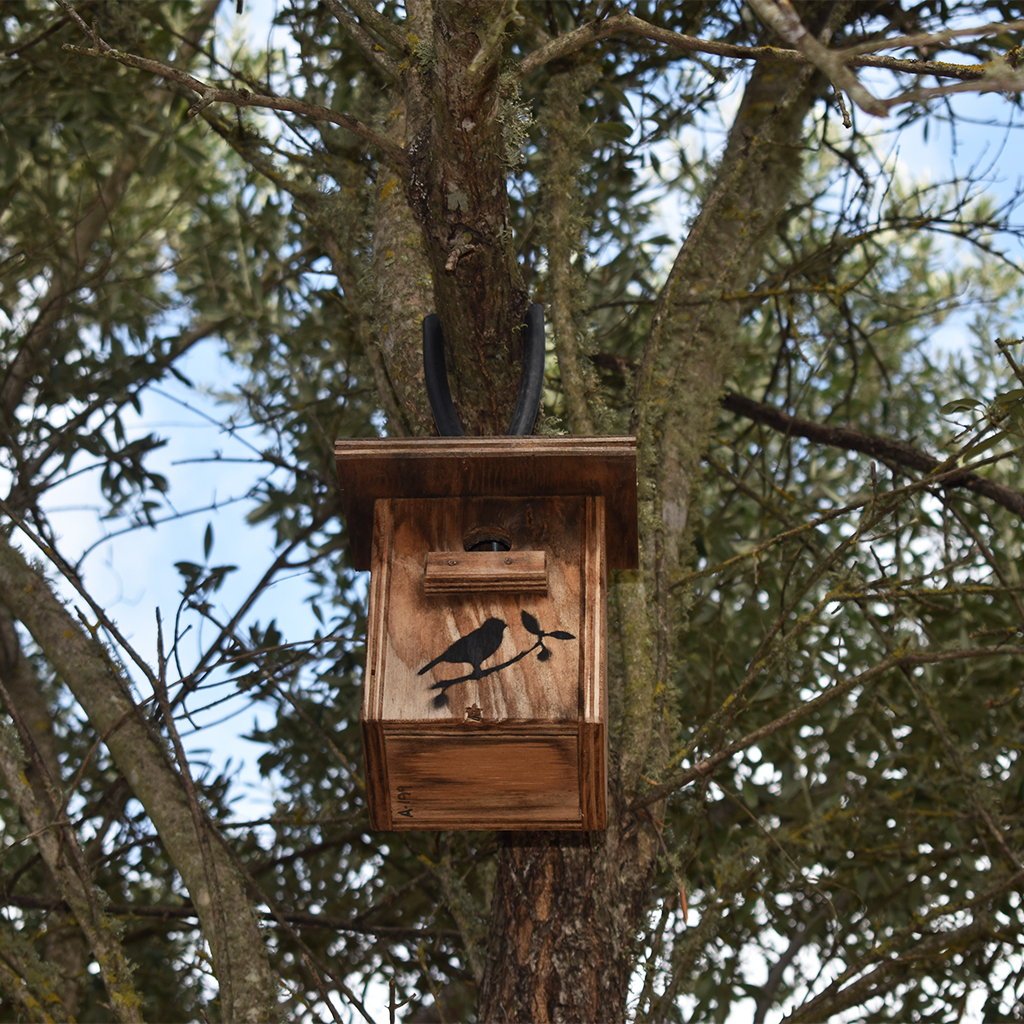
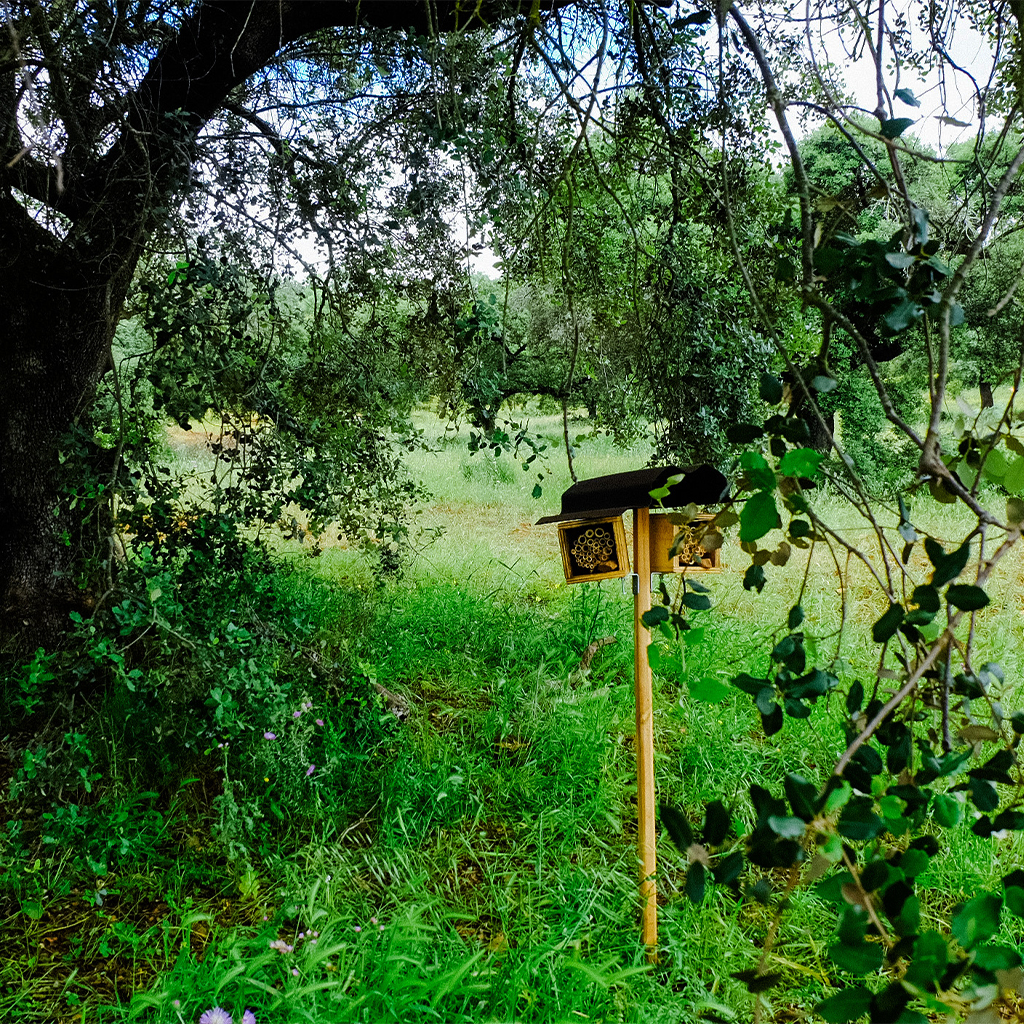
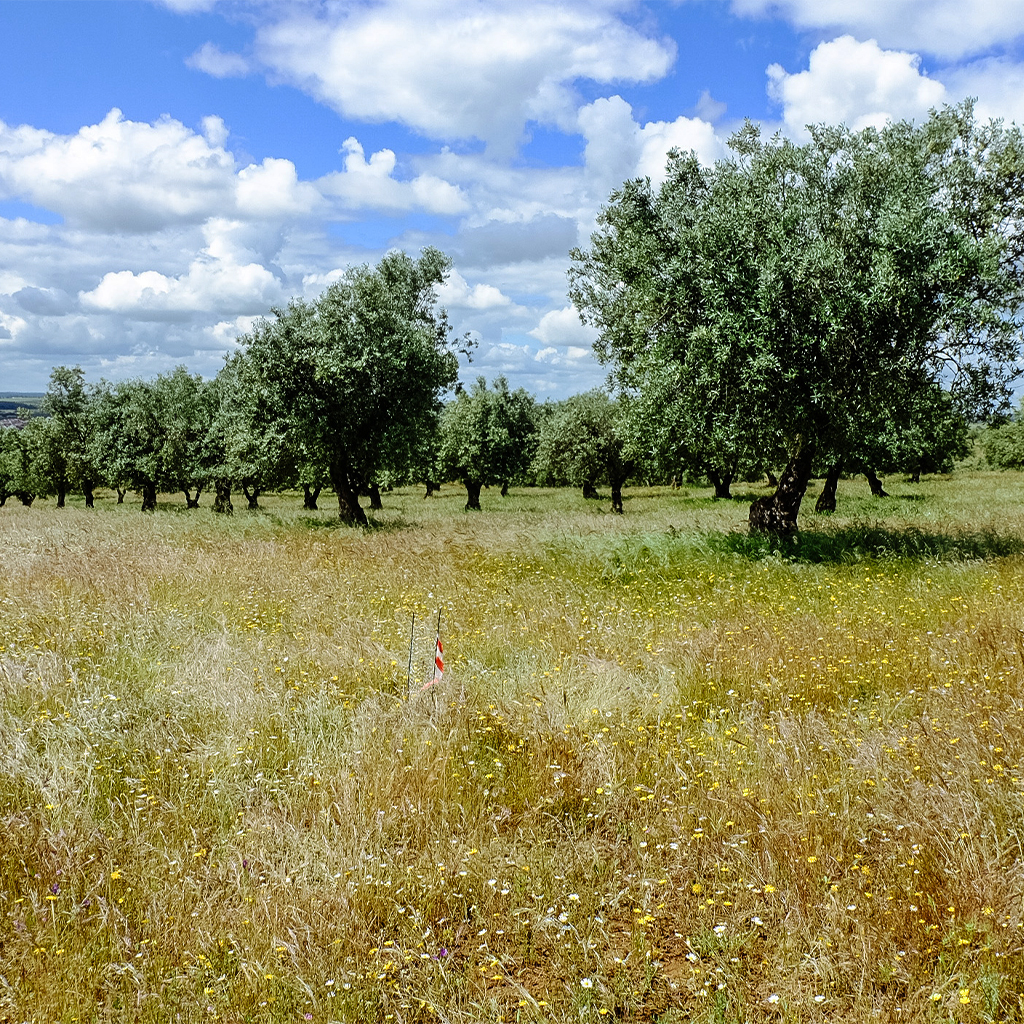
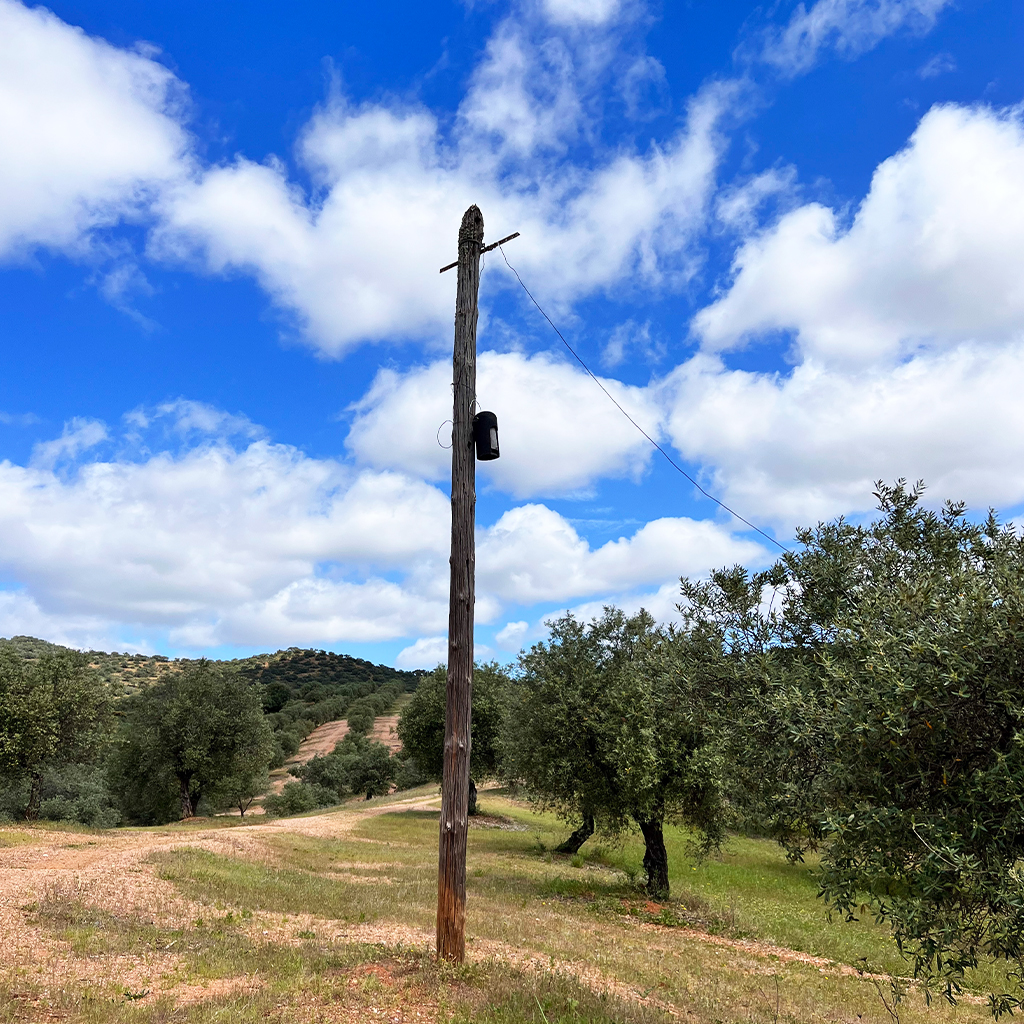
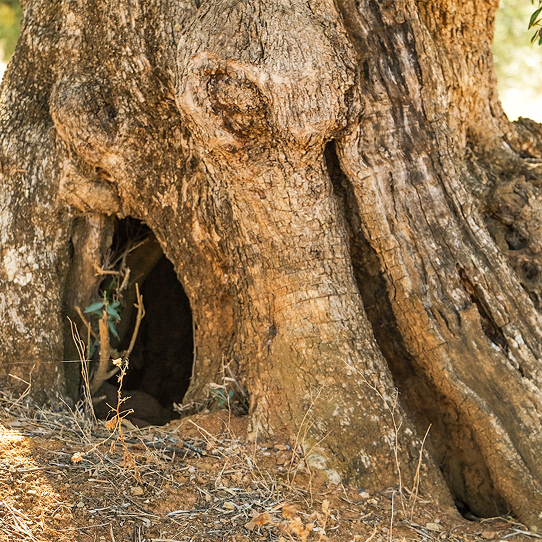
We promote sustainable practices that harmoniously integrate agriculture and animal husbandry. One of the most relevant examples is sheep grazing in our vineyards and olive groves - a traditional technique that brings multiple environmental and agronomic benefits.
Controlled grazing plays a key role in naturally managing weeds, reducing the need for chemical herbicides. At the same time, the sheep fertilize the soil with their manure, enriching it with organic matter and supporting microbial biodiversity.
Moreover, the light trampling by the sheep helps improve soil structure and its ability to retain water, an increasingly vital factor in regions facing drier climates. This practice also ensures efficient use of the estate’s resources, helping to lower costs and strengthen the resilience of our farming systems.
By grazing sheep, we bring together tradition and innovation to care for the land in a responsible, regenerative, and sustainable way.
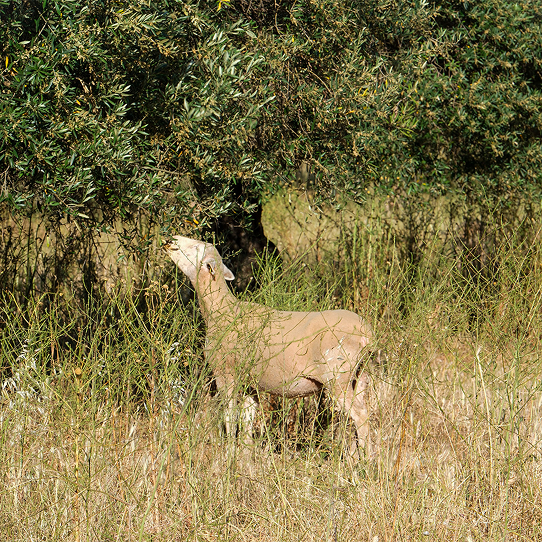
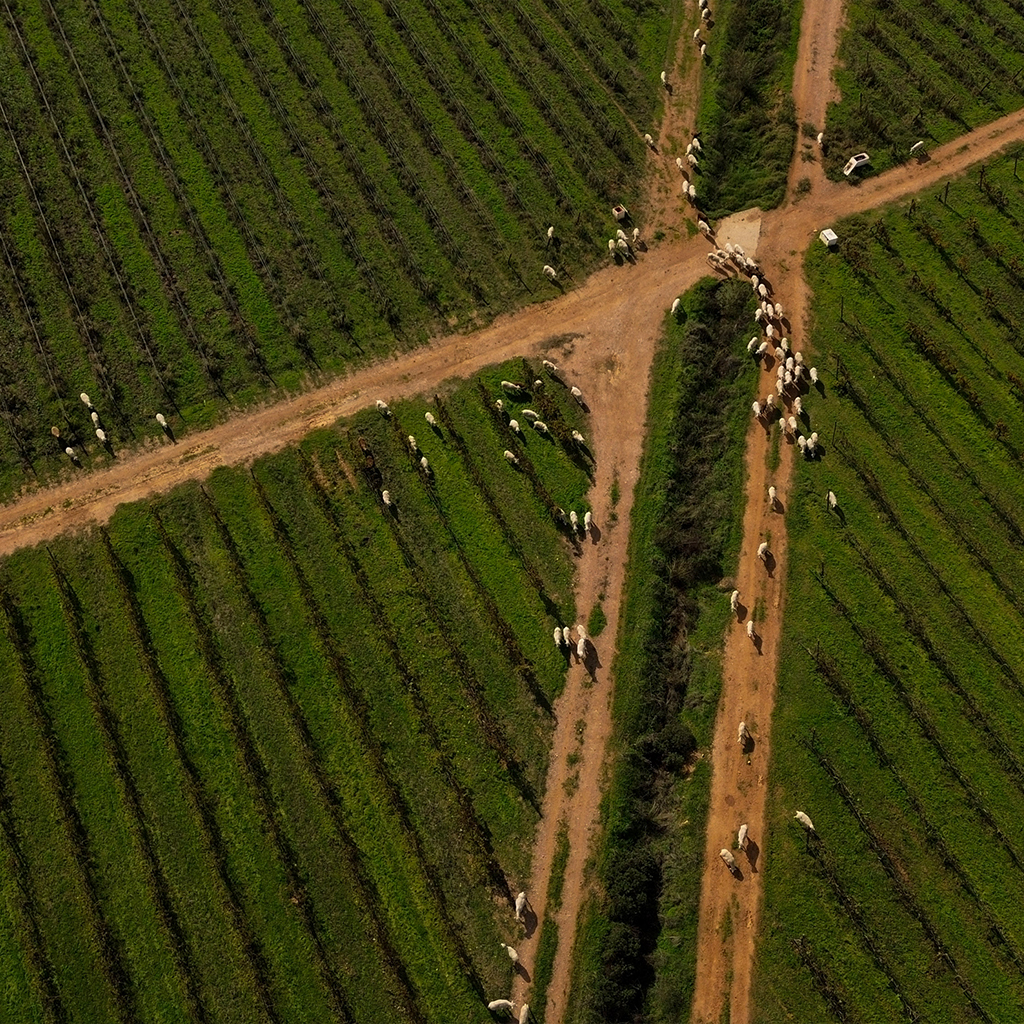
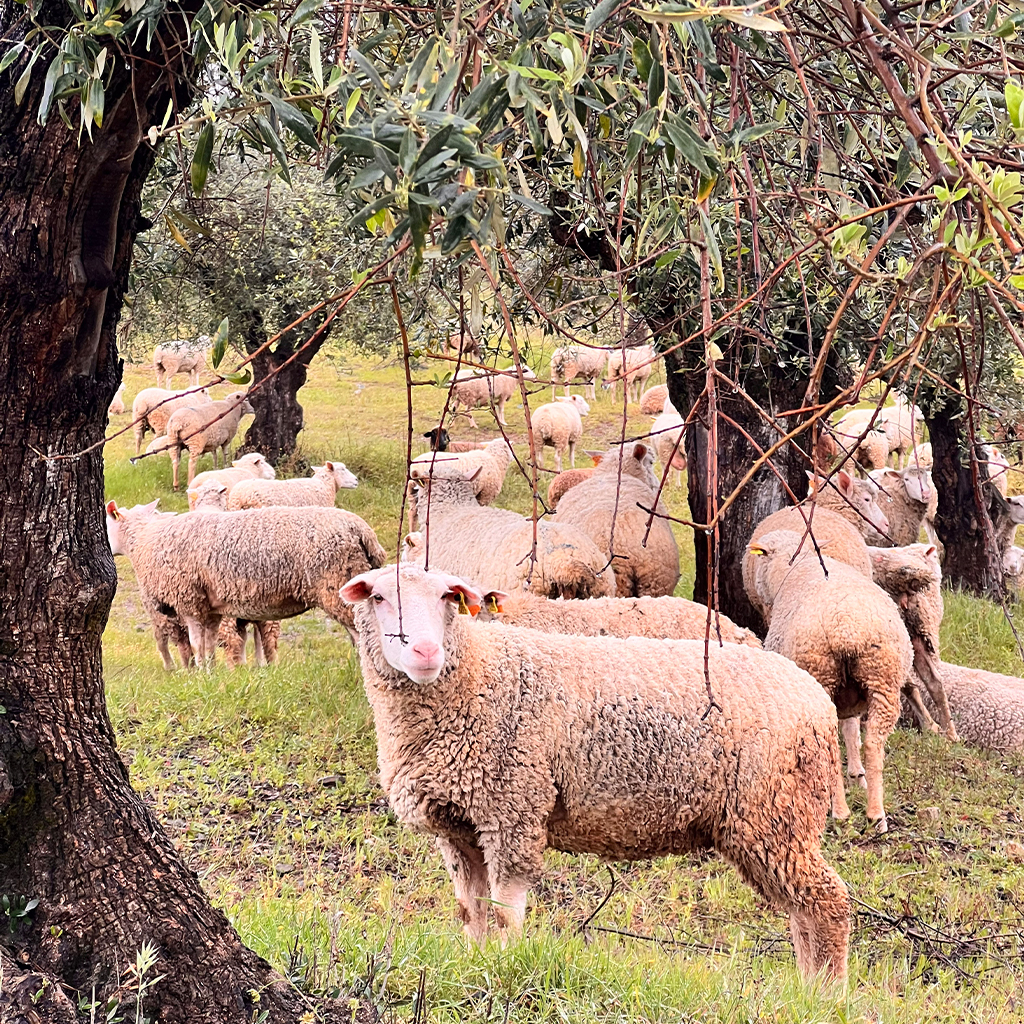
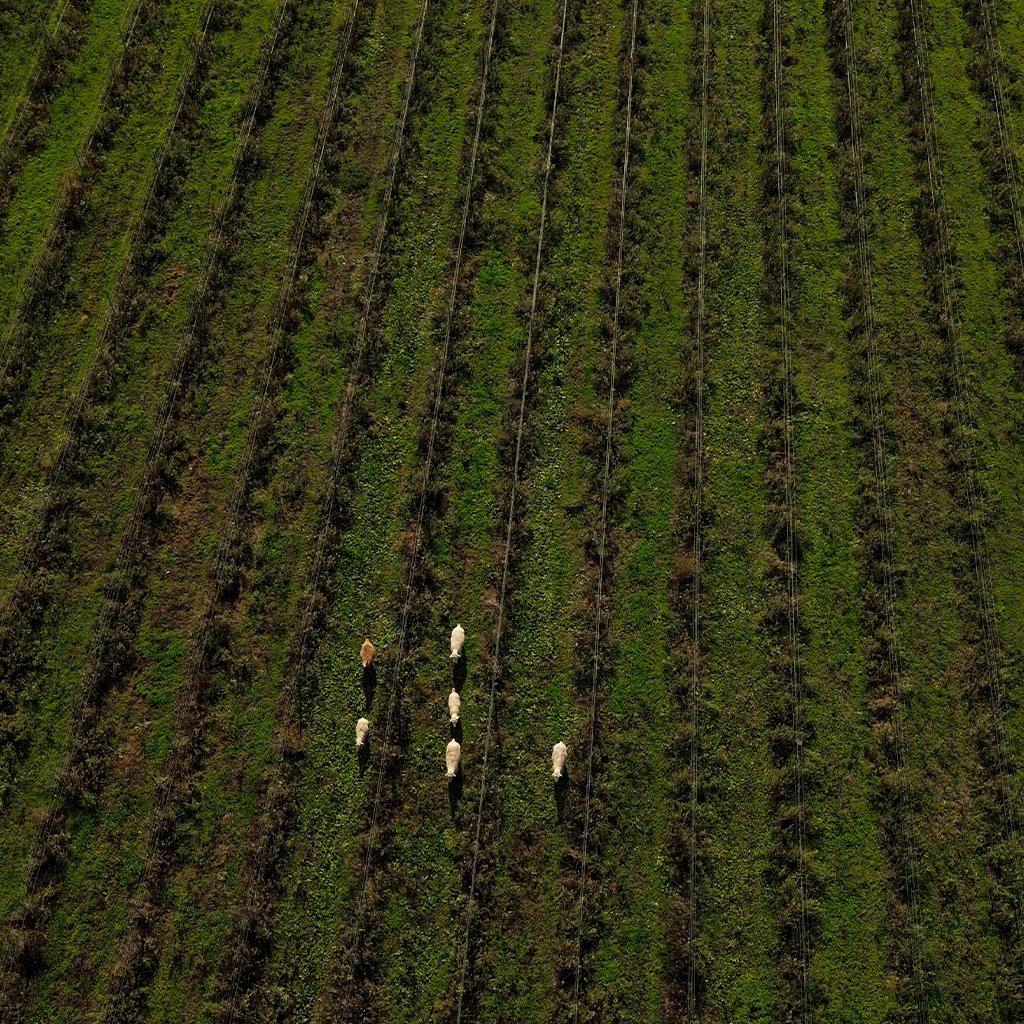
Planting islands of native shrubs is a key practice to promote biodiversity and sustainability.
These islands serve as natural refuges for pollinators, beneficial insects, and birds, helping with biological pest control and maintaining ecosystem balance. Adapted to the local climate and soil, native species require minimal maintenance, enhance soil health, improve the microclimate, and support ecological connectivity between cultivated areas. Additionally, they enrich the landscape and strengthen our commitment to regenerative agriculture.
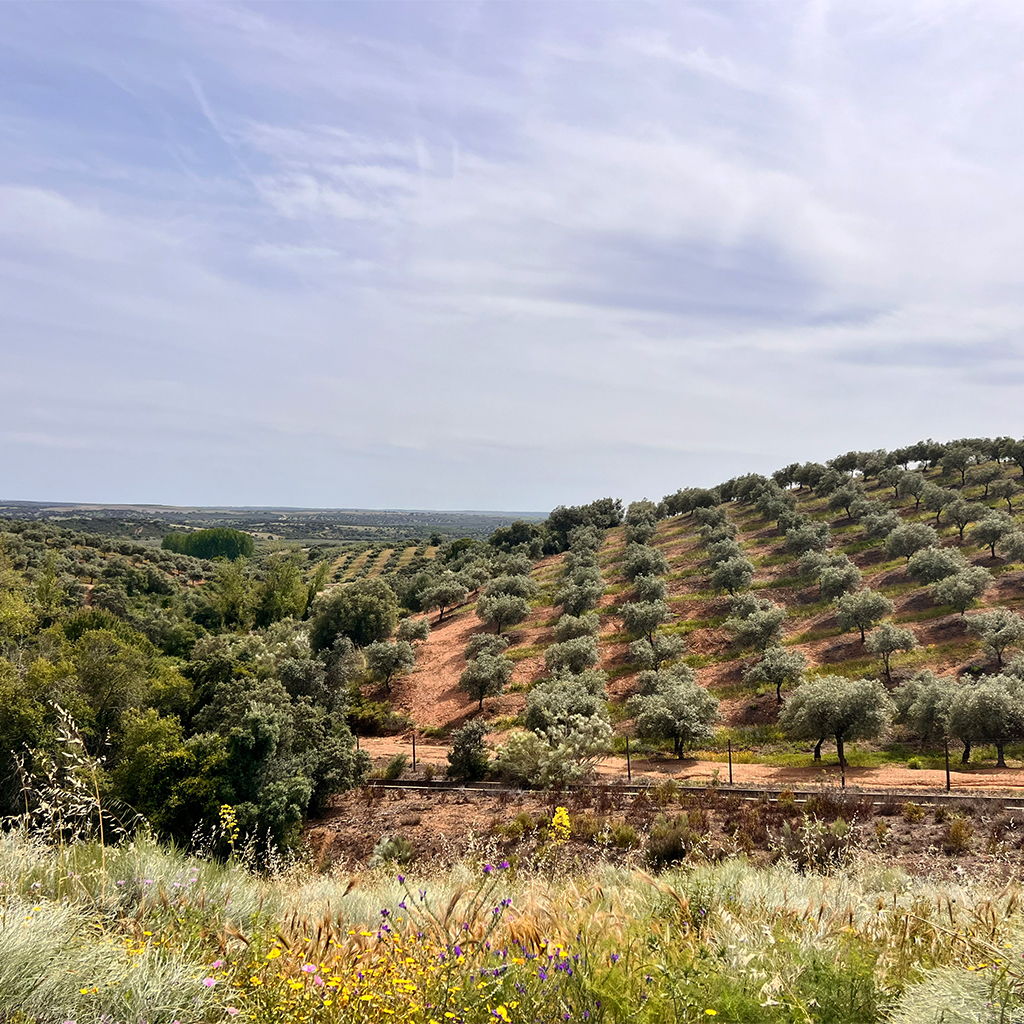
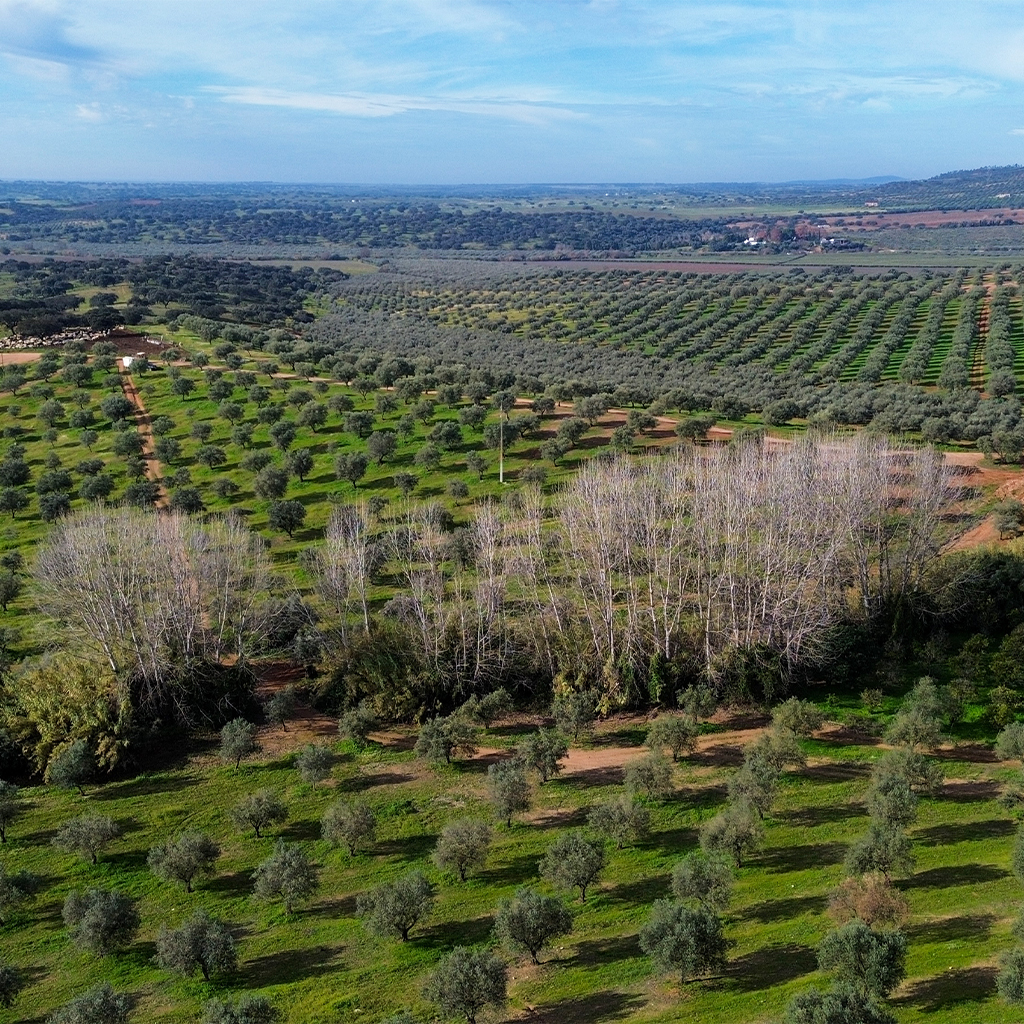
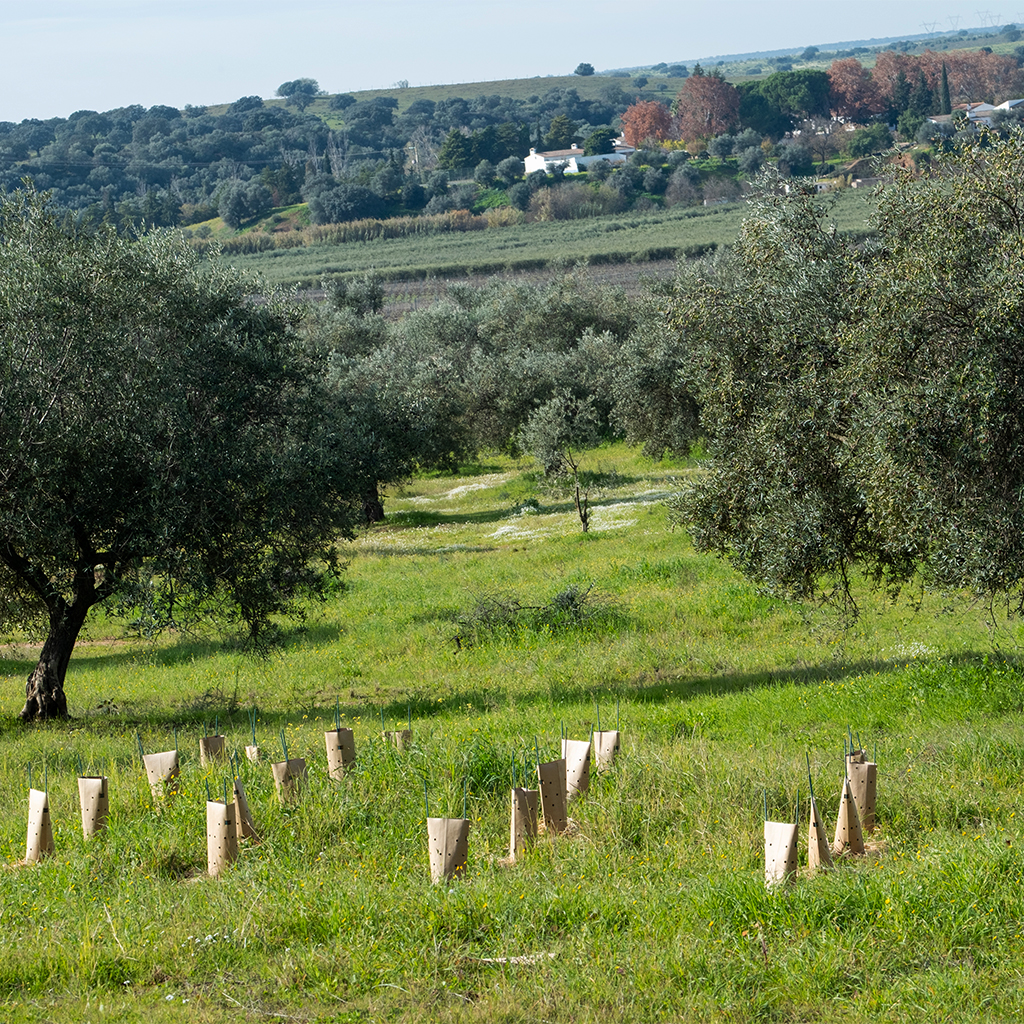
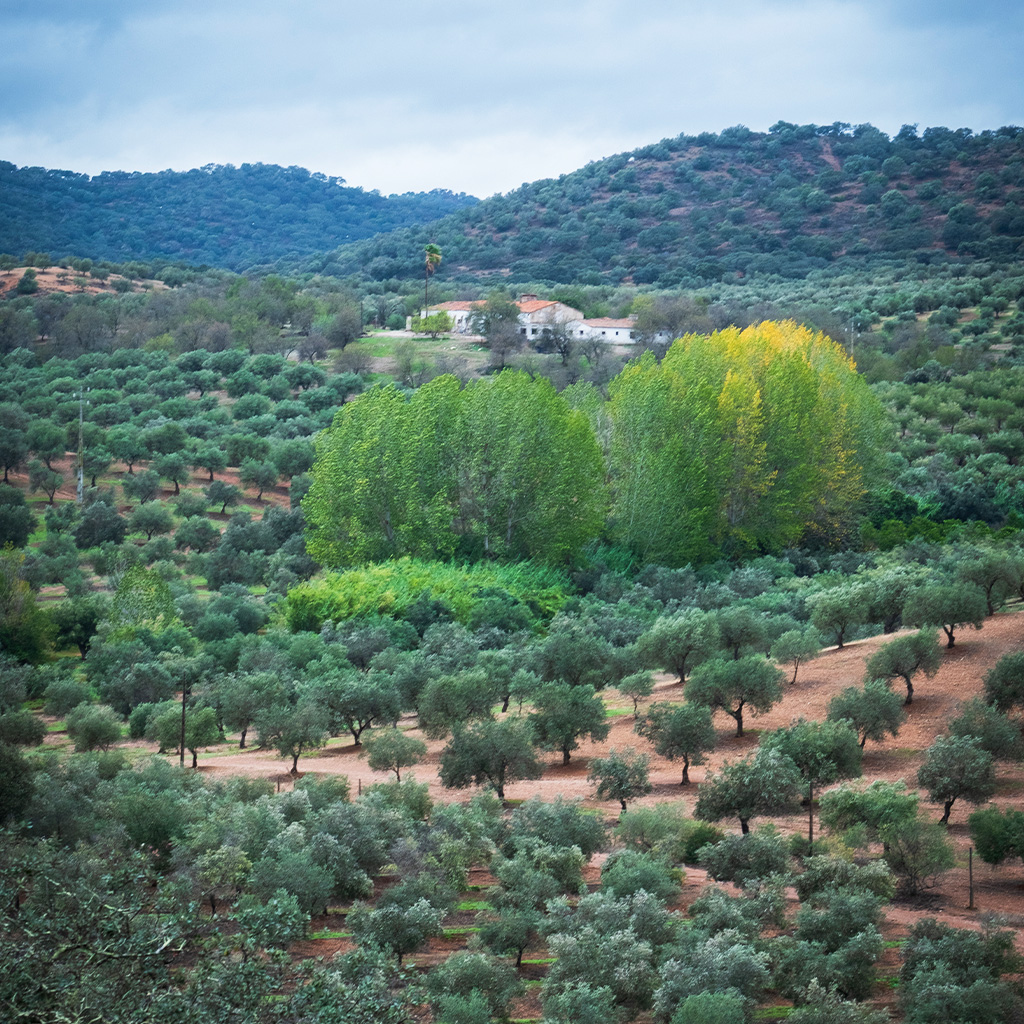
Water is our most valuable resource, and we know its importance. That’s why we promote efficient and responsible water management — a top priority in the sustainable care of our vineyards and olive groves.
We rely on three dams for strategic water storage and a rigorous monitoring system that includes 17 flow meters. This system allows us to track water usage in detail across each irrigation sector.
In addition, we use four soil moisture sensors that provide accurate, real-time data, helping us make informed decisions about when and how much to irrigate. This approach allows us to optimize water use, minimize waste, and safeguard this vital resource for future generations.
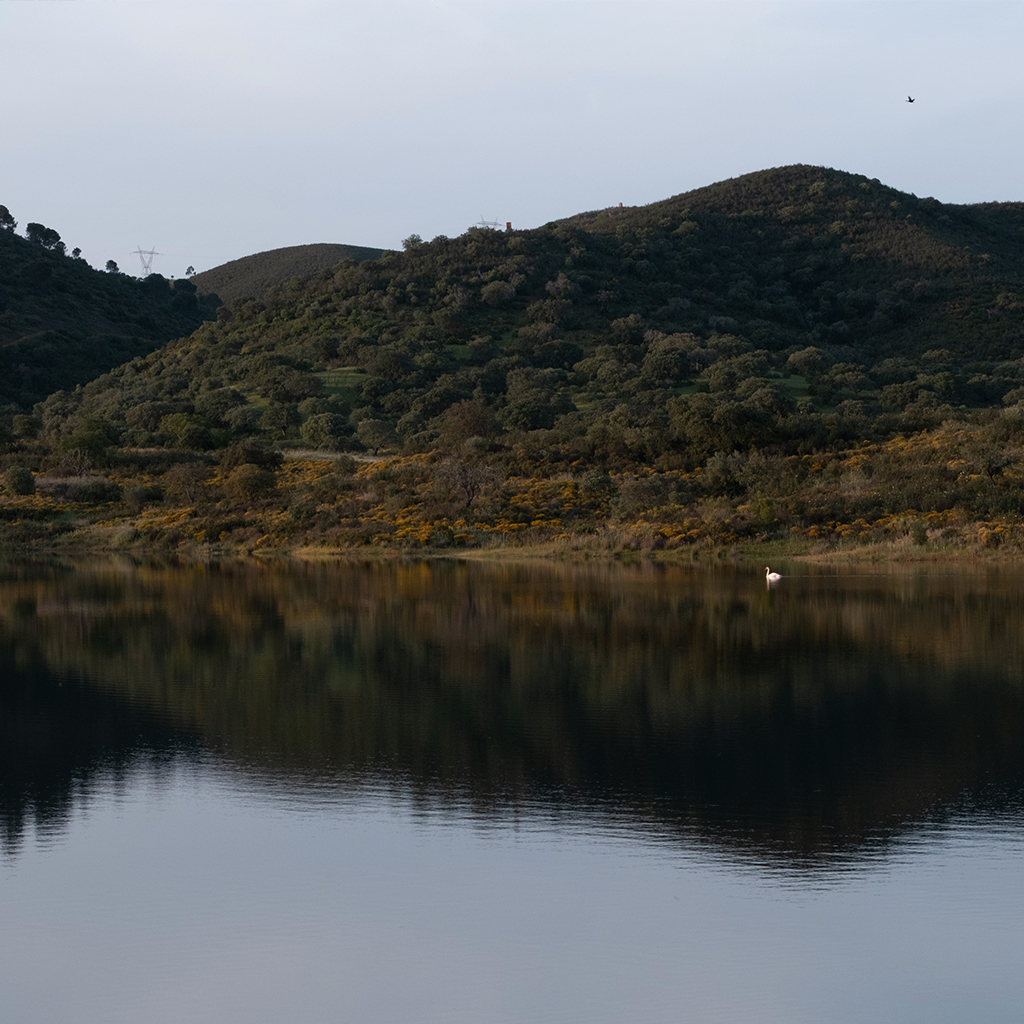
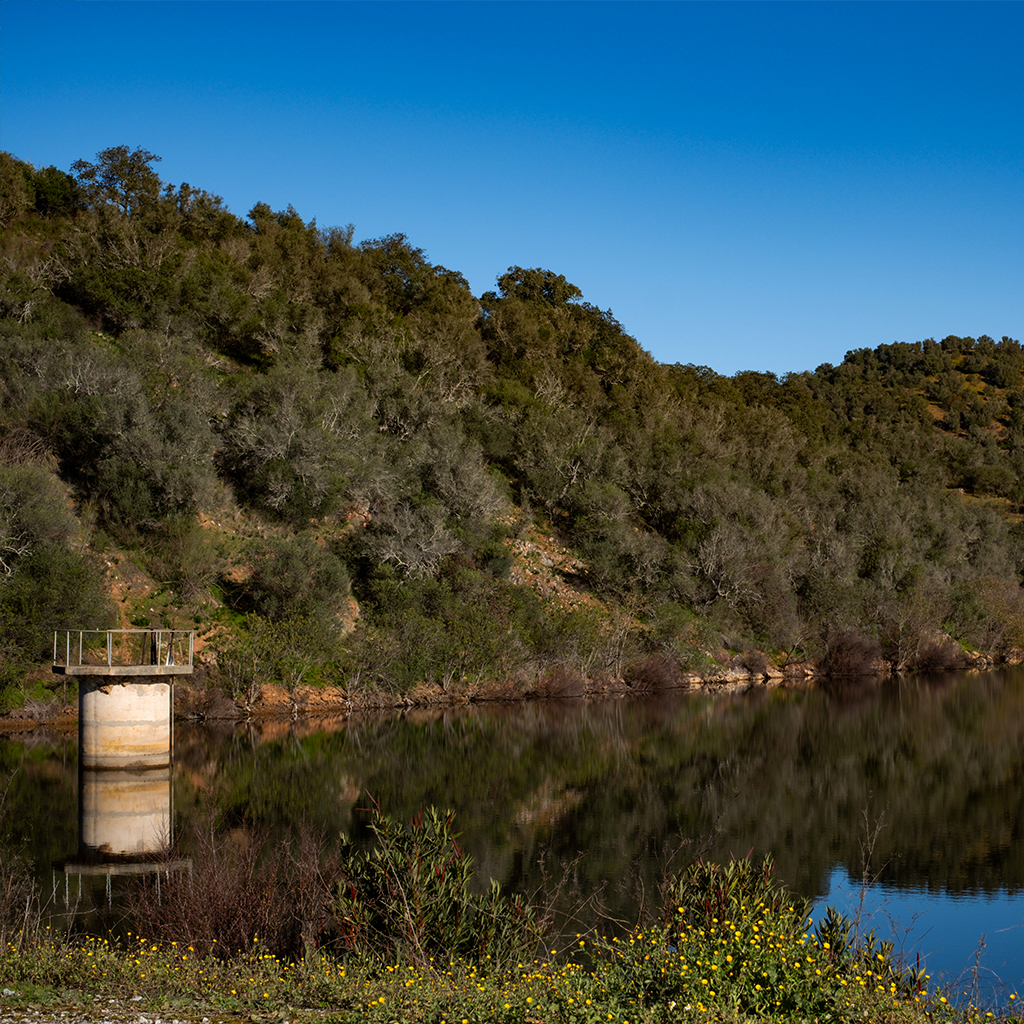
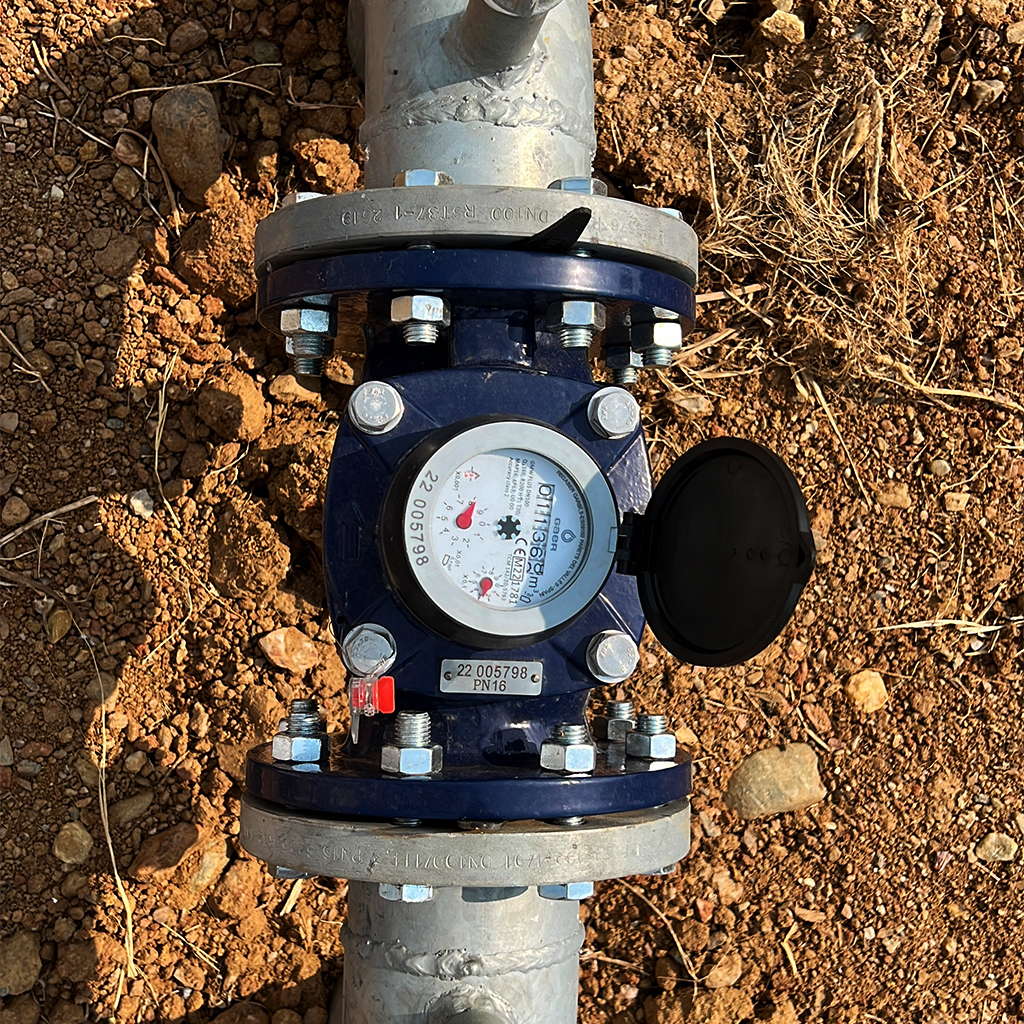
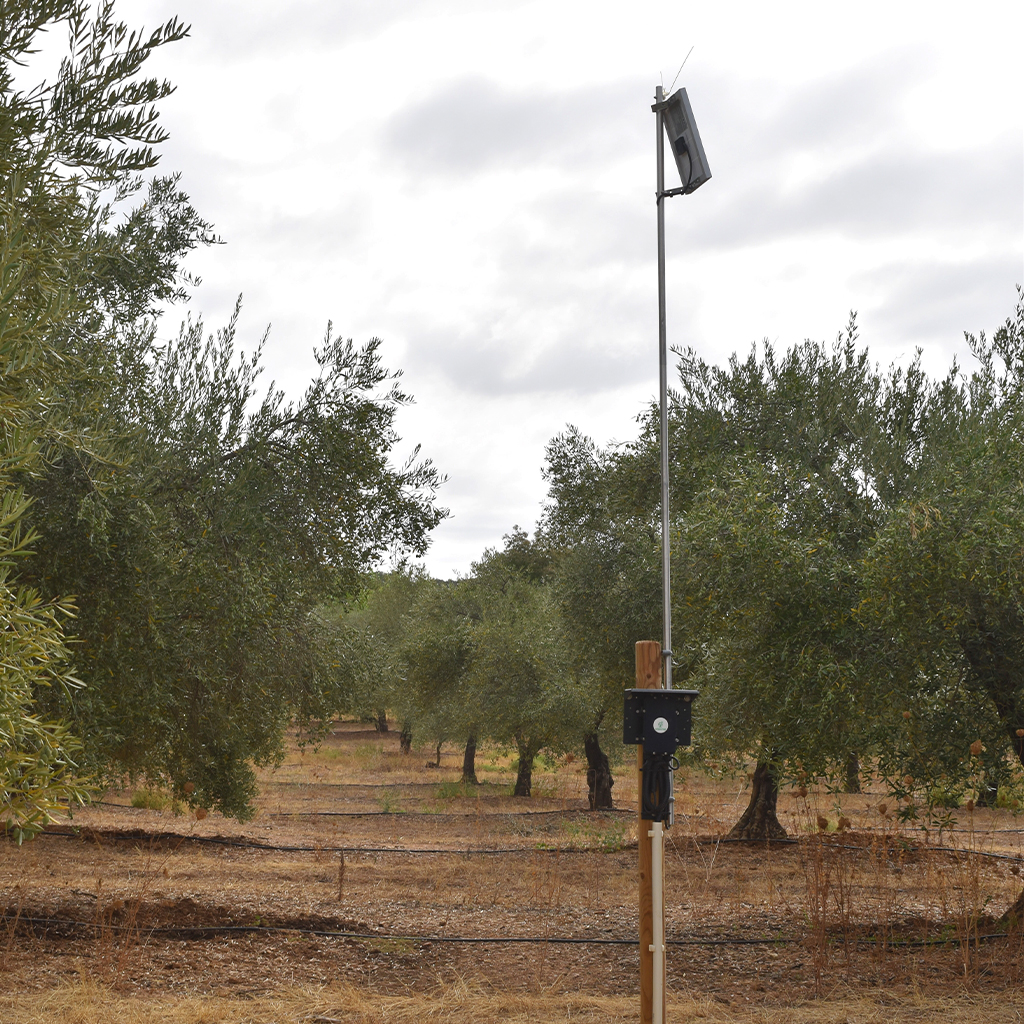
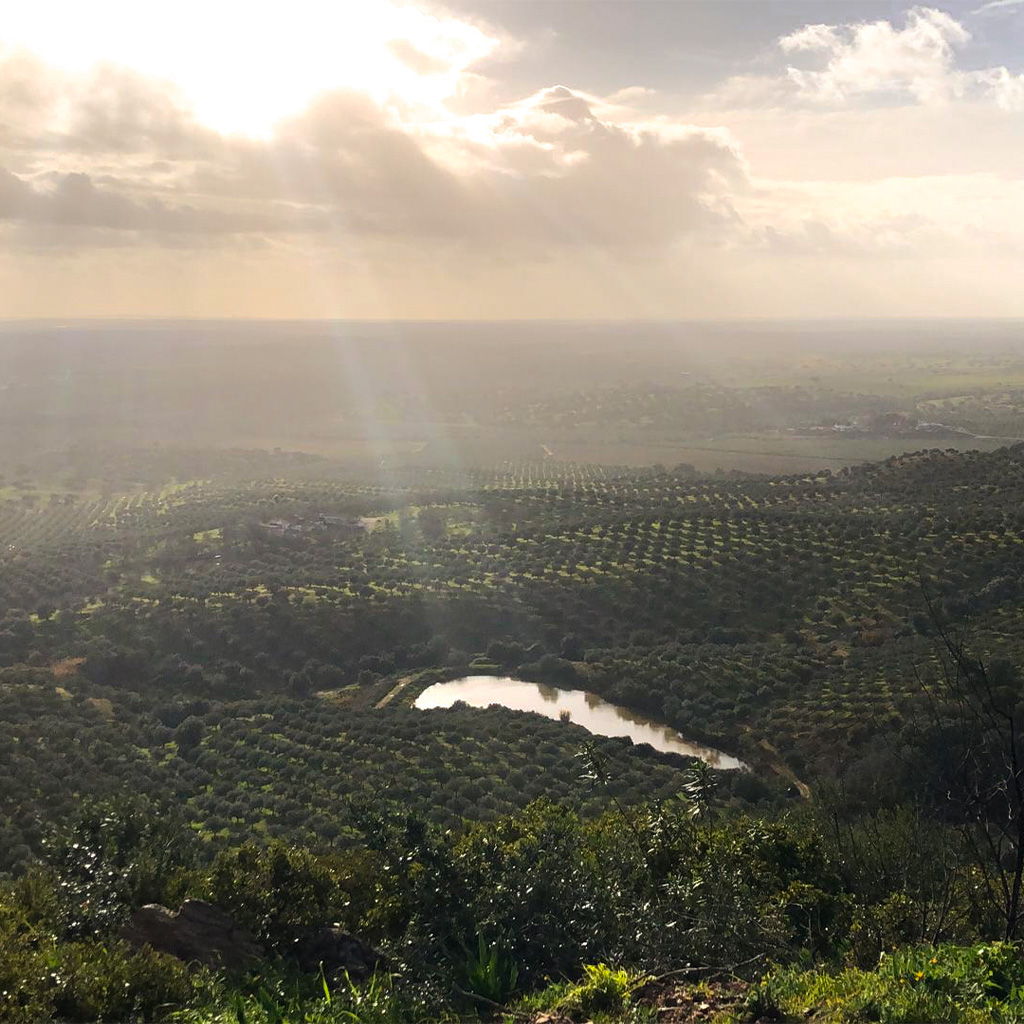
The investment in the photovoltaic plant at Herdade Monte da Ribeira is a strategic commitment to the future of our agricultural operations.
In 2024, 270 solar panels were installed, totaling 148 kWp and guaranteeing a 98% degree of coverage by photovoltaic solar energy (GCESF), covering practically all of our consumption during the most demanding agricultural months.
This system significantly reduces energy costs, increases the farm’s energy independence, and helps lower our environmental footprint.
By making the most of peak sunlight periods, we strengthen our commitment to a more efficient, sustainable, and environmentally responsible agriculture.
